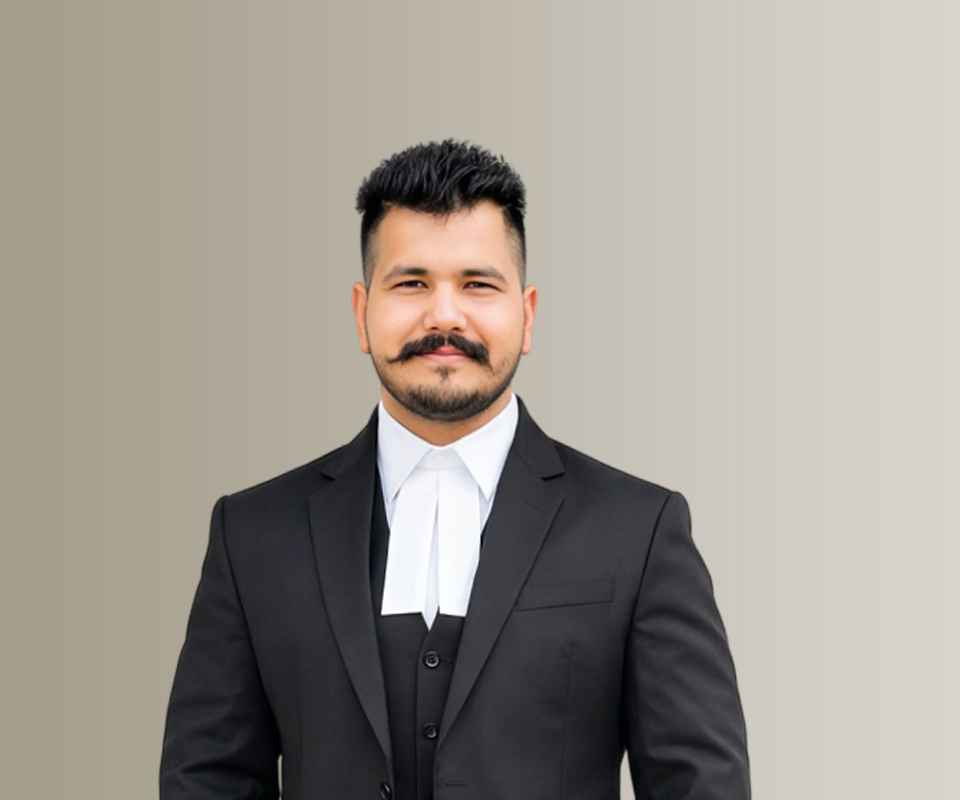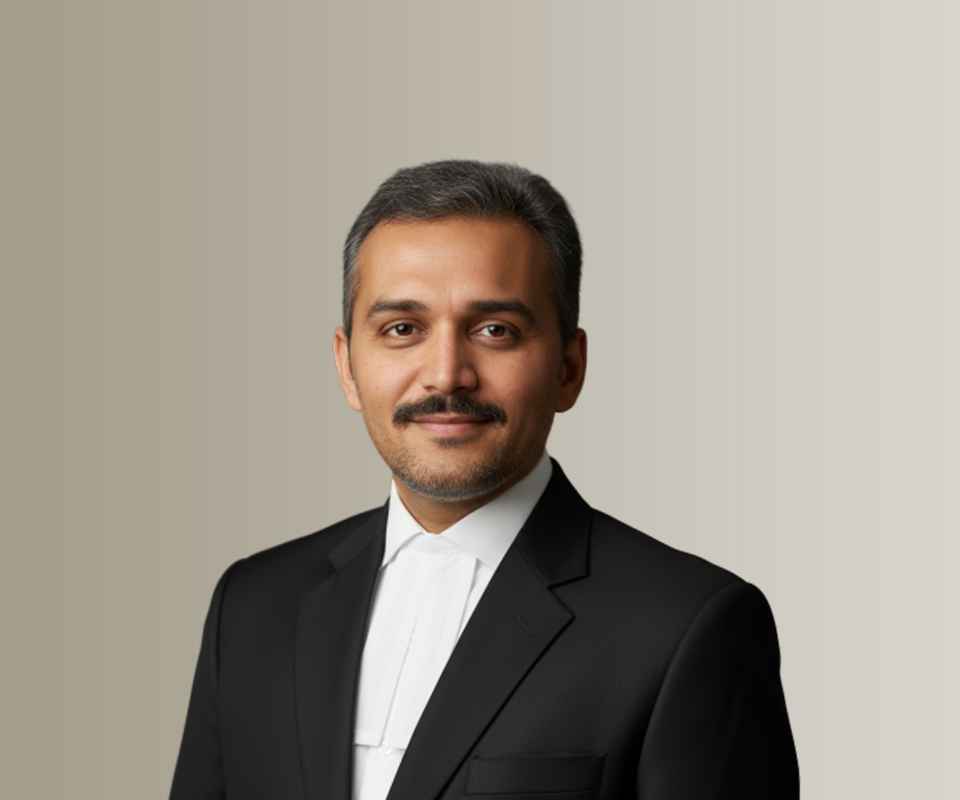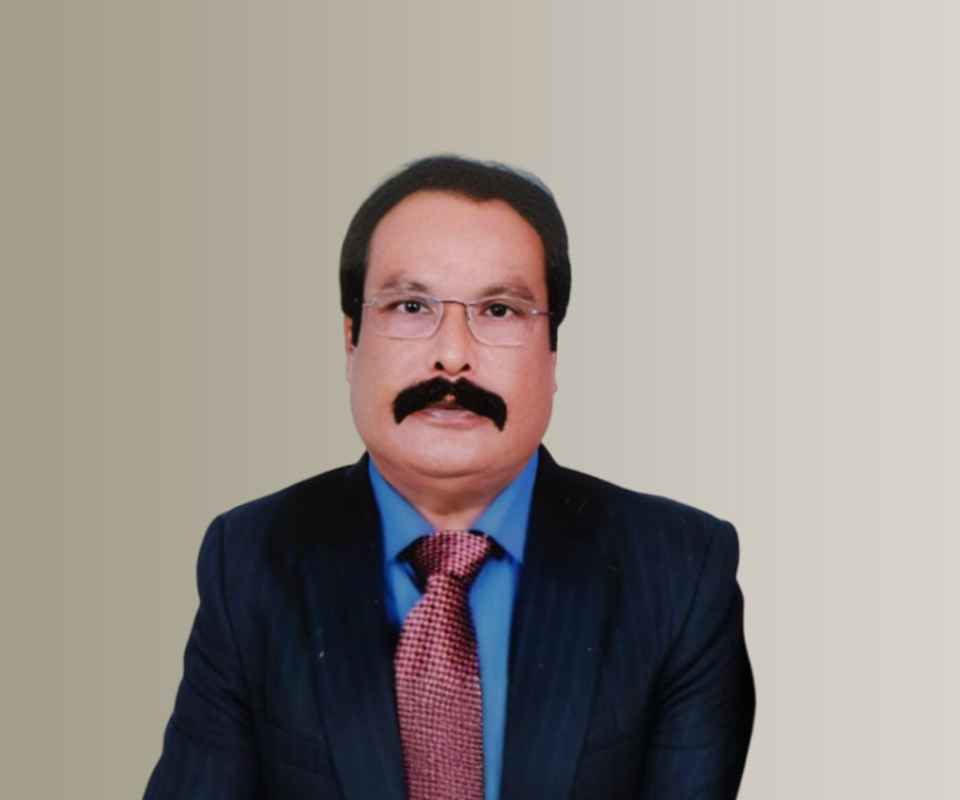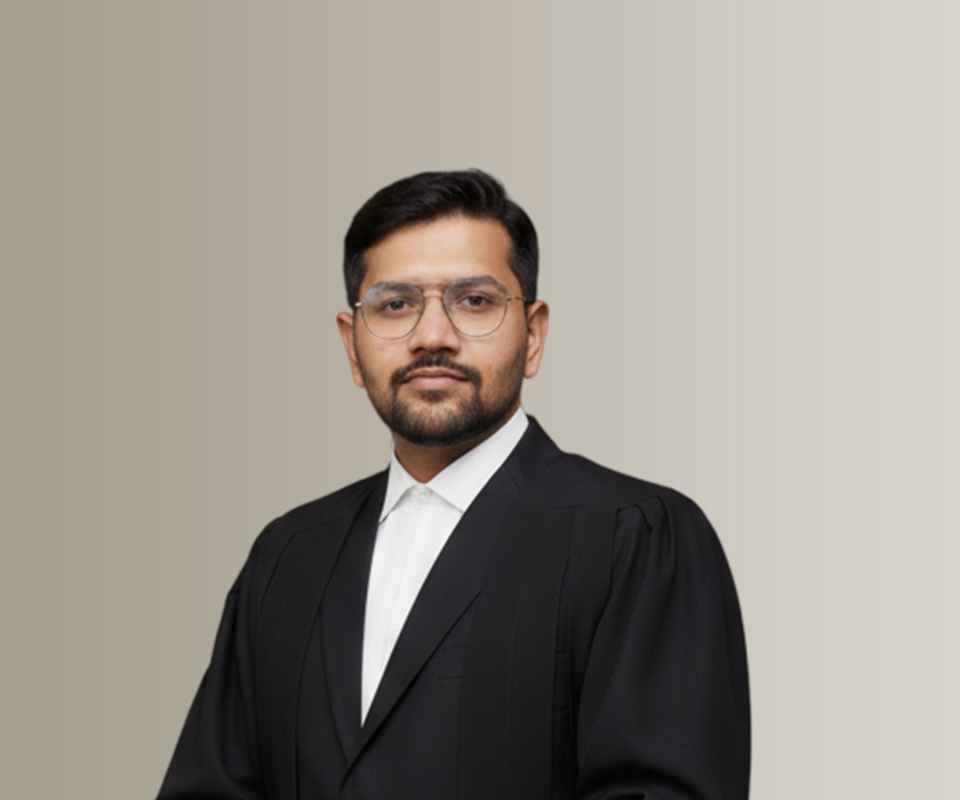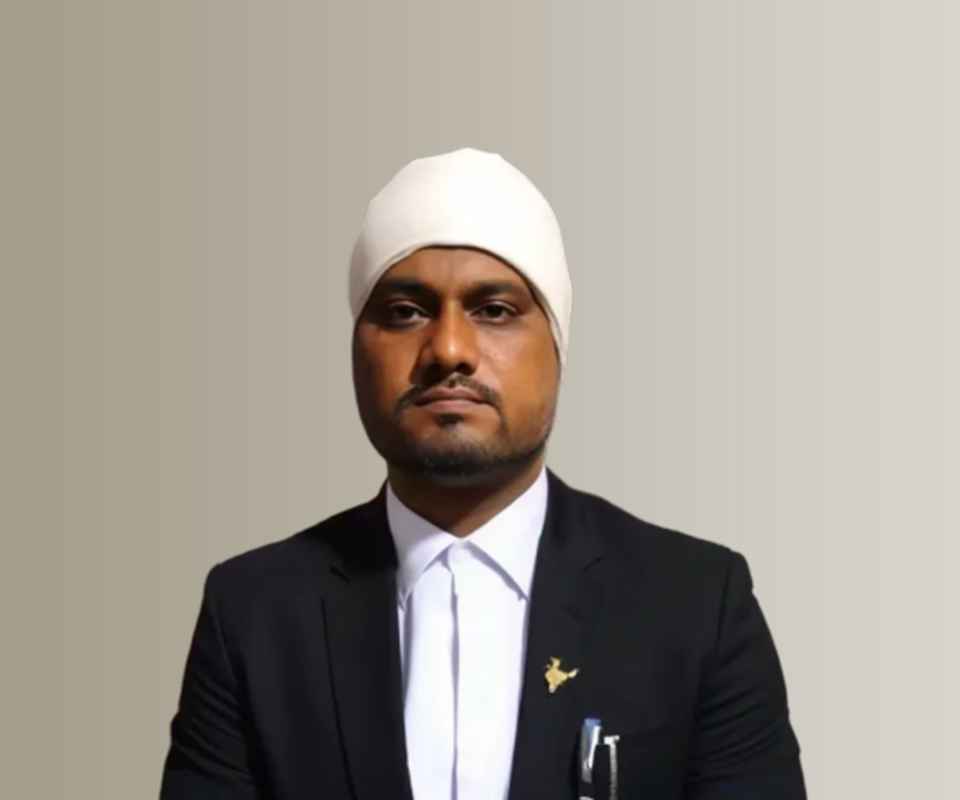Answer By law4u team
Under Indian law, a patent is a legal right granted for an invention, giving the inventor exclusive rights to use, make, sell, and license the invention for a specific period (usually 20 years). Applicable Law: Patents in India are governed by the Patents Act, 1970, along with the Patents Rules, 2003 (as amended). These laws have not been replaced by BNS, BNSS, or BSA, since they fall under the domain of intellectual property law, not criminal or procedural law. Who Can Apply for a Patent in India? According to Section 6 of the Patents Act, 1970, the following persons are eligible to apply for a patent: 1. True and first inventor: The person who has actually invented the product or process. Note: A true inventor cannot be a legal representative or assignee unless they have proper authorization. 2. Assignee of the inventor: A person or entity (like a company or organization) to whom the inventor has assigned the rights to apply for the patent, through a proper assignment deed. This includes employers, research institutions, etc. 3. Legal representative of a deceased inventor: If the inventor has died before filing the application, their legal heir or legal representative can apply for the patent. Additional Points: Joint Application: More than one person can jointly apply for a patent if they are joint inventors or co-owners of the invention. Foreign Nationals: Foreigners and foreign companies can also apply for patents in India, provided they follow the Indian procedural rules and designate an Indian address for service. Important Requirement: The applicant must file the patent with full disclosure of the invention, including how it works, and it must be: Novel (new), Inventive (not obvious), Capable of industrial application. Summary: A patent in India can be applied for by: The original inventor, An assignee (individual or company), The legal representative of a deceased inventor. Each must fulfill the legal and procedural requirements under the Patents Act, 1970.
